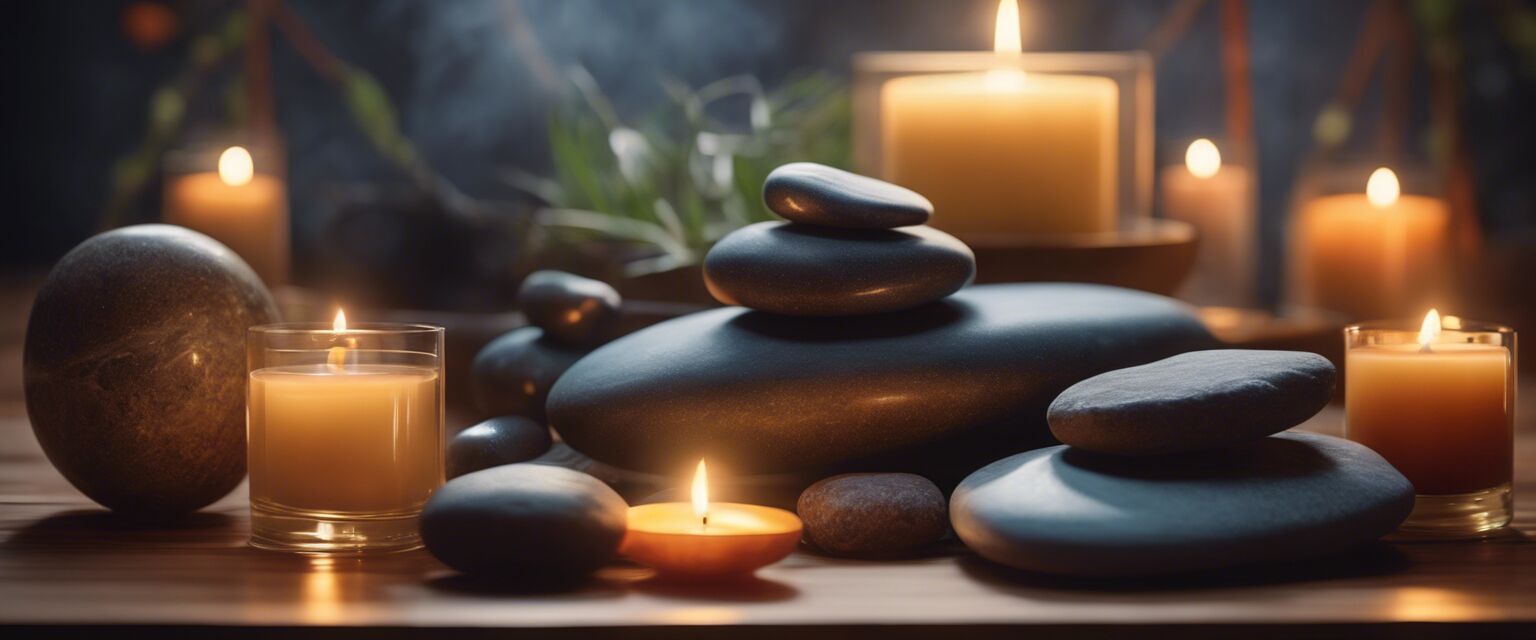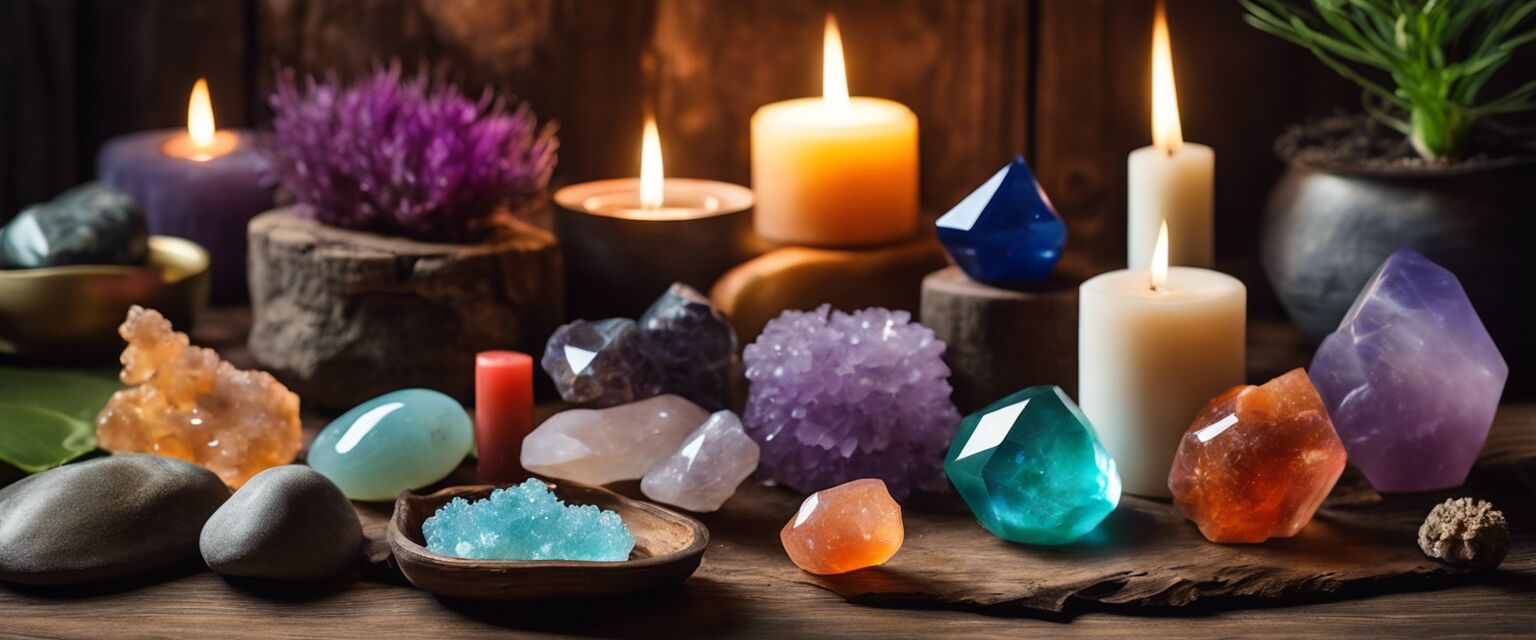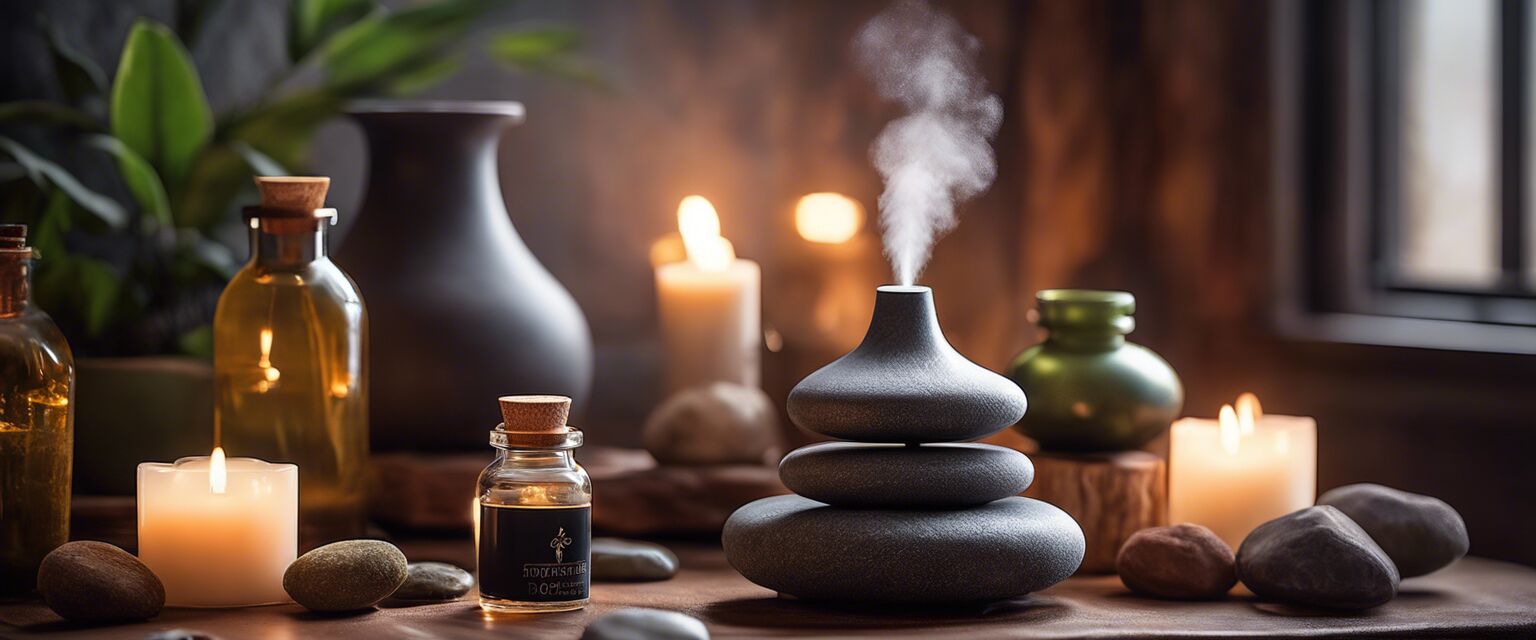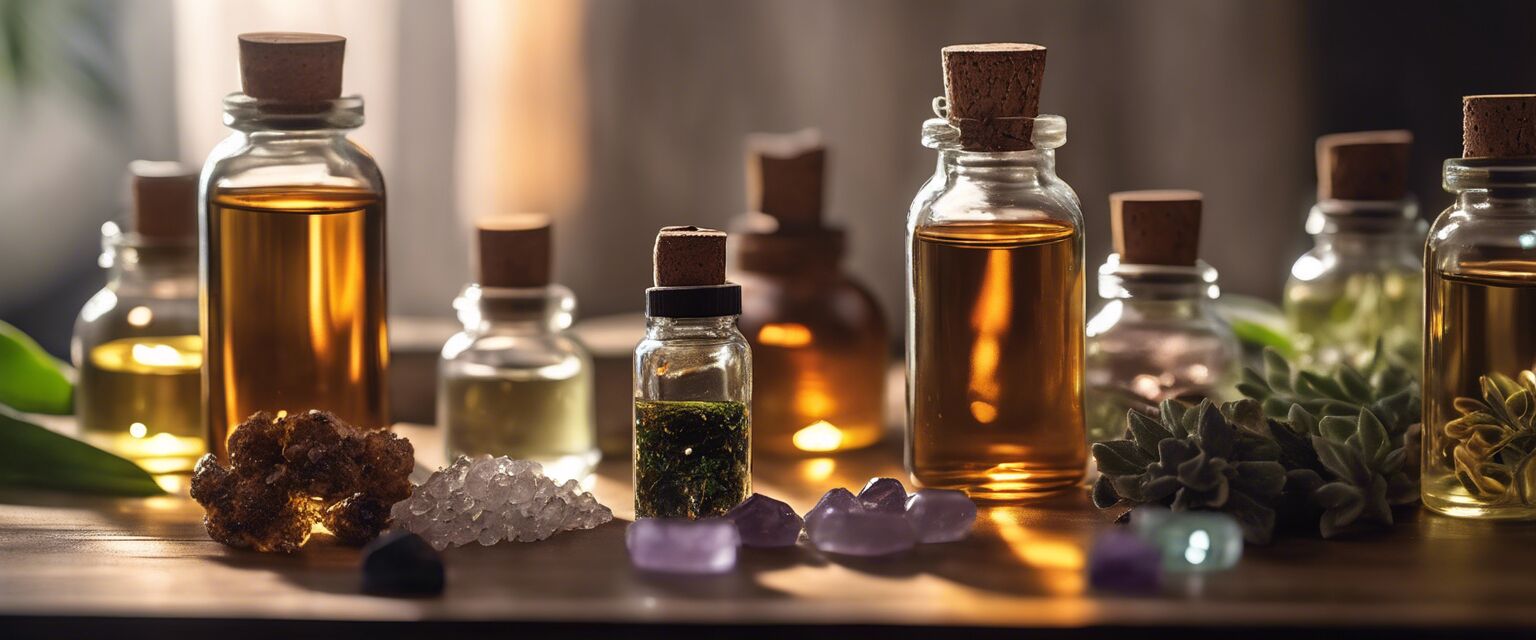
Essential Oils for Reiki
Key Takeaways
- Essential oils play a significant role in enhancing Reiki practices.
- Different oils can evoke various emotional and spiritual responses.
- Blending oils can create personalized experiences for practitioners.
- Safety and quality are essential when selecting essential oils.
Essential oils have become a popular addition to Reiki practices, enhancing the overall experience of healing and relaxation. With a multitude of scents and properties, essential oils can help to create a tranquil atmosphere, support emotional healing, and deepen your connection to spiritual practices. In this article, we explore some of the top essential oils and blends suitable for Reiki, alongside their benefits and usage tips.
Top Essential Oils for Reiki
| Essential Oil | Benefits | Usage Tips |
|---|---|---|
| Lavender | Calming and soothing, promotes relaxation | Diffuse during sessions or apply diluted on pulse points |
| Peppermint | Invigorating, enhances mental clarity | Use in a diffuser or dilute for topical application |
| Frankincense | Grounding, encourages meditation | Apply to the third eye area or diffuse |
| Ylang Ylang | Uplifting, promotes emotional balance | Use in blends or diffuse for a calming effect |
| Tea Tree | Purifying, supports energetic cleansing | Diffuse or use as a cleansing spray |
Popular Essential Oil Blends for Reiki
Creating your own blends can amplify the benefits of individual essential oils. Here are some popular essential oil combinations that can enhance your Reiki sessions:
| Blend Name | Ingredients | Benefits |
|---|---|---|
| Relaxation Blend | Lavender, Bergamot, Chamomile | Promotes tranquility and stress relief |
| Focus Blend | Peppermint, Lemon, Rosemary | Enhances concentration and mental clarity |
| Grounding Blend | Frankincense, Cedarwood, Vetiver | Encourages emotional stability and grounding |
| Energy Blend | Grapefruit, Eucalyptus, Ginger | Invigorates and revitalizes the spirit |
How to Use Essential Oils in Your Reiki Practice
Incorporating essential oils into your Reiki sessions can be done in several effective ways:
- Diffusion: Use an essential oil diffuser to disperse scents throughout the room.
- Topical Application: Dilute essential oils with a carrier oil and apply to pulse points.
- Inhalation: Place a few drops on a cotton ball or tissue and inhale deeply during your practice.
- Sprays: Create a cleansing spray by mixing essential oils with water in a spray bottle.
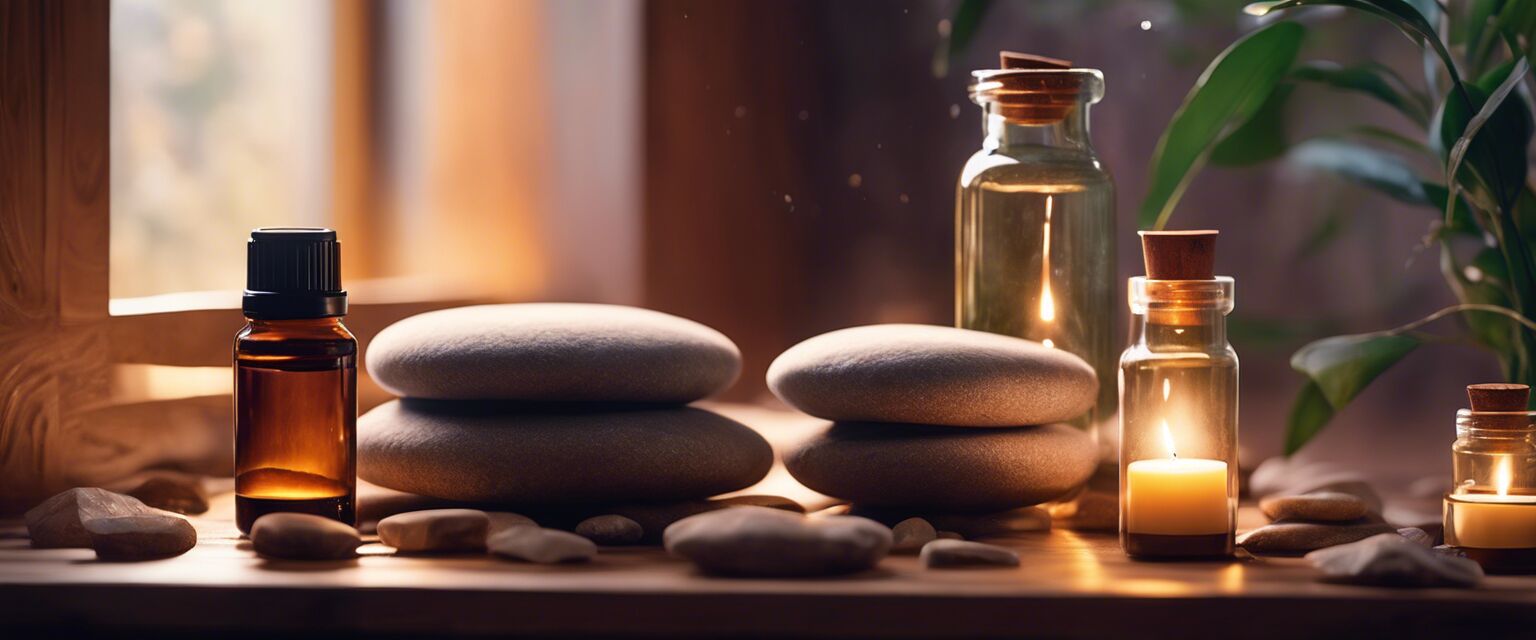
Safety Tips for Using Essential Oils
While essential oils can greatly enhance your Reiki practice, safety should always be a priority. Here are some essential tips to consider:
- Always dilute essential oils before topical application.
- Perform a patch test to check for skin sensitivity.
- Avoid using oils during pregnancy or on young children without consulting a professional.
- Store essential oils in a cool, dark place to maintain their potency.
Conclusion
Essential oils are a valuable addition to any Reiki practice, promoting relaxation, emotional healing, and spiritual connection. By understanding the various oils and their properties, you can create a harmonious environment that enhances your sessions. Experiment with different oils and blends to discover what resonates best with you. For more insights on improving your Reiki room, check out our Reiki room decor section.
Tips for Beginners
- Start with a few essential oils that appeal to you.
- Experiment with different methods of application to find what works best.
- Keep a journal to note your experiences and preferences.
- Consider joining a community or class to learn from others.
Pros
- Enhances relaxation and emotional well-being
- Wide variety of scents and benefits
- Customizable blends for personal preferences
- Easy to incorporate into practice
Cons
- Some oils may cause allergic reactions
- Quality varies between brands
- Can be overwhelming if too many scents are used
- Not all oils are safe for topical application

For more on enhancing your practice, check our sections on essential oils and aromatherapy and lighting for healing spaces to create the perfect atmosphere.
